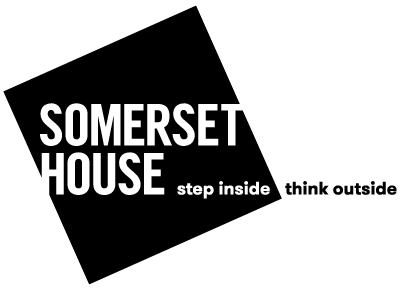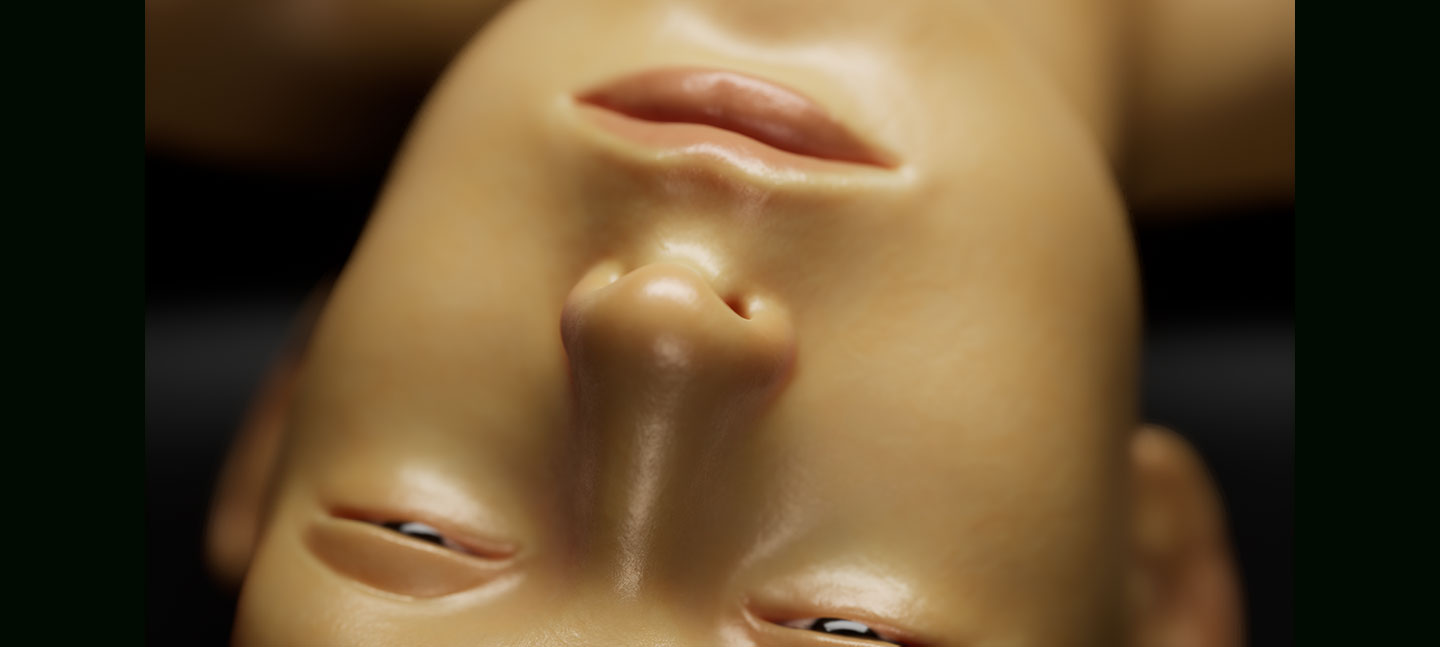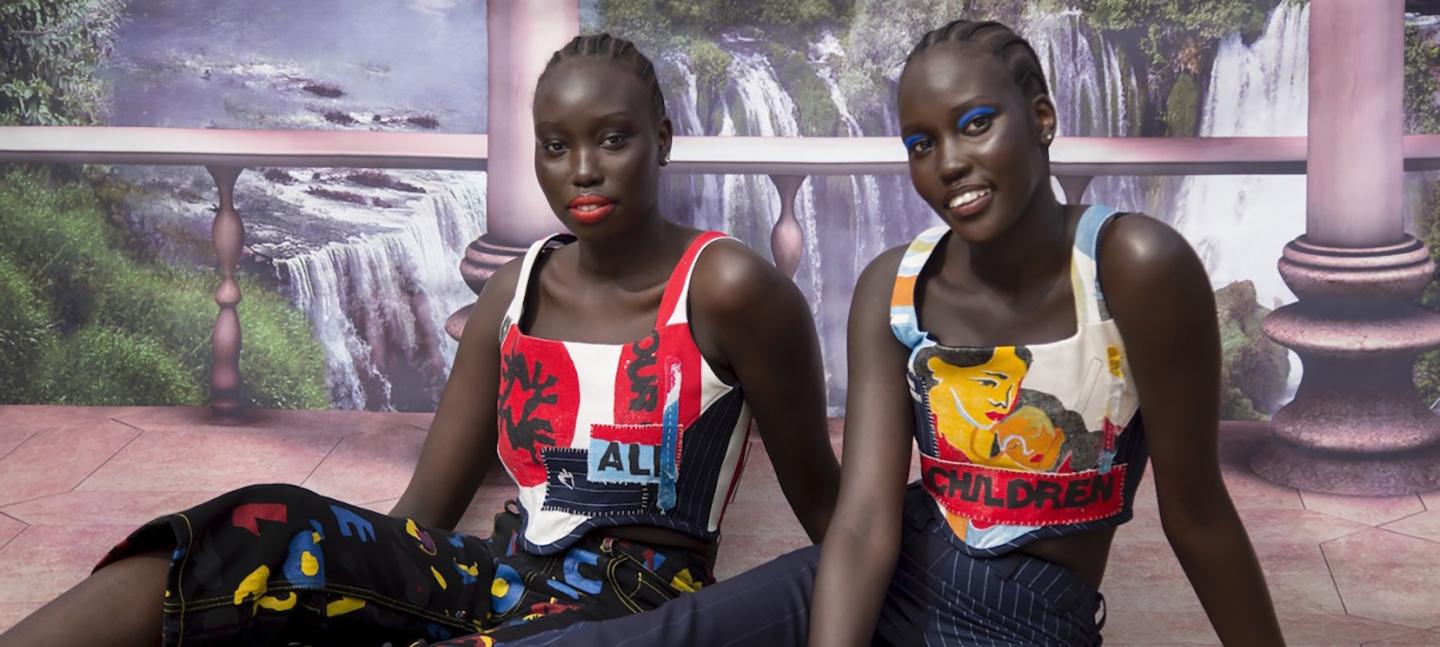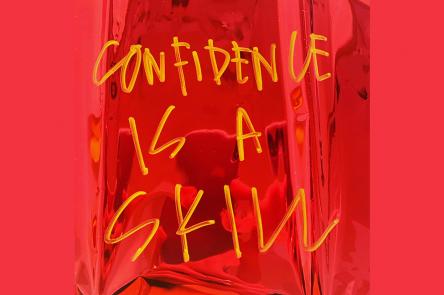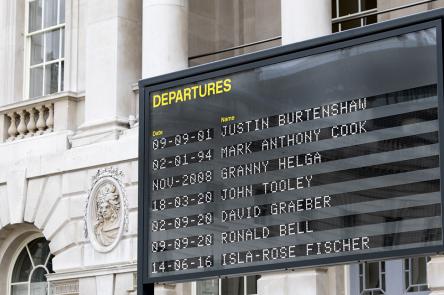
To celebrate designer Bethany Williams’ new flag commission for Somerset House we met with Bethany and collaborator Jane Williams of The Magpie Project to learn more about the work.
Our Upgrade Yourself: Peer Exchange digital strand of our Creative Careers and Skills programme commissioned young creative and Creative Careers Academy alumni Hodan Ibrahim to author our first Upgrade Yourself article. Bringing research, interview and writing skills together, Hodan focused her pen on conversations around community, collaboration and female leadership with Jane Williams and Bethany Williams.
Jane Williams is the CEO and the powerhouse of The Magpie Project. Established in Newham, the project is a charity supporting mothers and young children residing in temporary or unstable accommodation. We caught up with Jane, and Bethany to discuss their work launching the collection All Our Children, inspired by the women and children from The Magpie Project.
Flag for All Our Children is the culmination of the project undertaken over several months by Bethany. Working in partnership with the charity, Bethany invited us to reflect on future generations and consider what legacy we’d collectively like to pass on to those who come after us.
